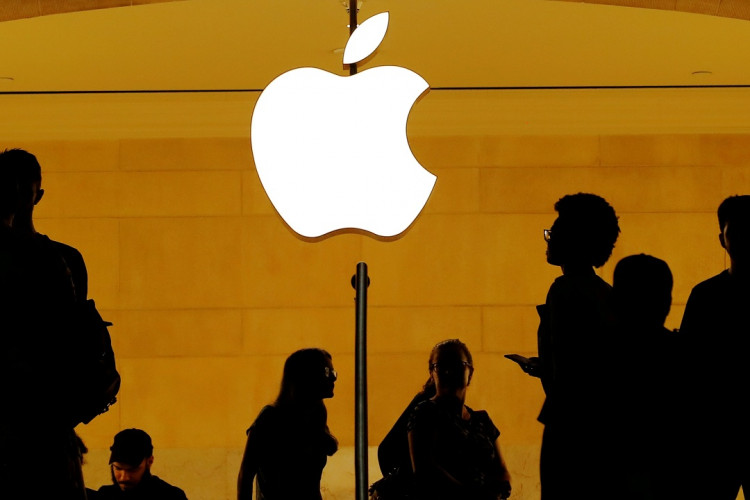CEO Jalal Bagherli, the CEO of Apple supplier Dialog Semiconductor, said that the smartphone market in China is set to rebound after a soft first quarter.
Bagherli expressed his optimism in his outlook for the Chinese mobile phone market during an interview with CNBC's "Squawk Box Europe". He agreed with the recent remark of Apple's CEO Tim Cook.
He said that the market for mobile phones was pretty soft particularly in China in Q1, but I think from late Q1 and going forward it has started to pick up. The recent data released by the research firm Canalys said that smartphone shipments in China declined 3 percent in the first quarter of the year to the lowest level since 2013.
Recently, Cook said that sales in China were starting to improve following the company's move to lower its revenue guidance in January citing weak demand from Chinese consumers. Sales improved with the aid of the stimulus measures coming from the Chinese government. Canalys said that, while Apple's smartphone shipments declined 30 percent year-on-year in China in Q1, Chinese tech firm Huawei's shipments surged 41 percent in that period.
According to Mr. Bagherli, there is a shift in market share taking place among the major smartphone sellers in China, with Huawei and Xiaomi "exhibiting much higher growth than others. He said that the overall market remains large but I don't think anyone should expect huge growth until 5G really kicks in which will be probably a year to 18 months from now.
Last year, Dialog inked a licensing deal worth $600 million with Apple.
Dialog reported a cash windfall of the agreement in the first quarter. The report said that more than300 of its employees are now working with Apple.
The company also reported that its business with Apple not covered by the recent deal reached $46 million in the first quarter. It is 92 percent higher compared to a year ago. Bagherli said that it gives a sign of our strong partnership with Apple going forward.
Dialog's shares remained flat in early trading on Thursday. It, however, recovered by more than 60 percent since the start of the year. The rising trade tension between the United States and China placed pressure on the broader European chip sector.
It also contributed a modest profit outlook from United States tech giant Intel. The uncertainty of the outcome of the scheduled negotiations between trade representatives of China and the United States caused a decline in the global market.





